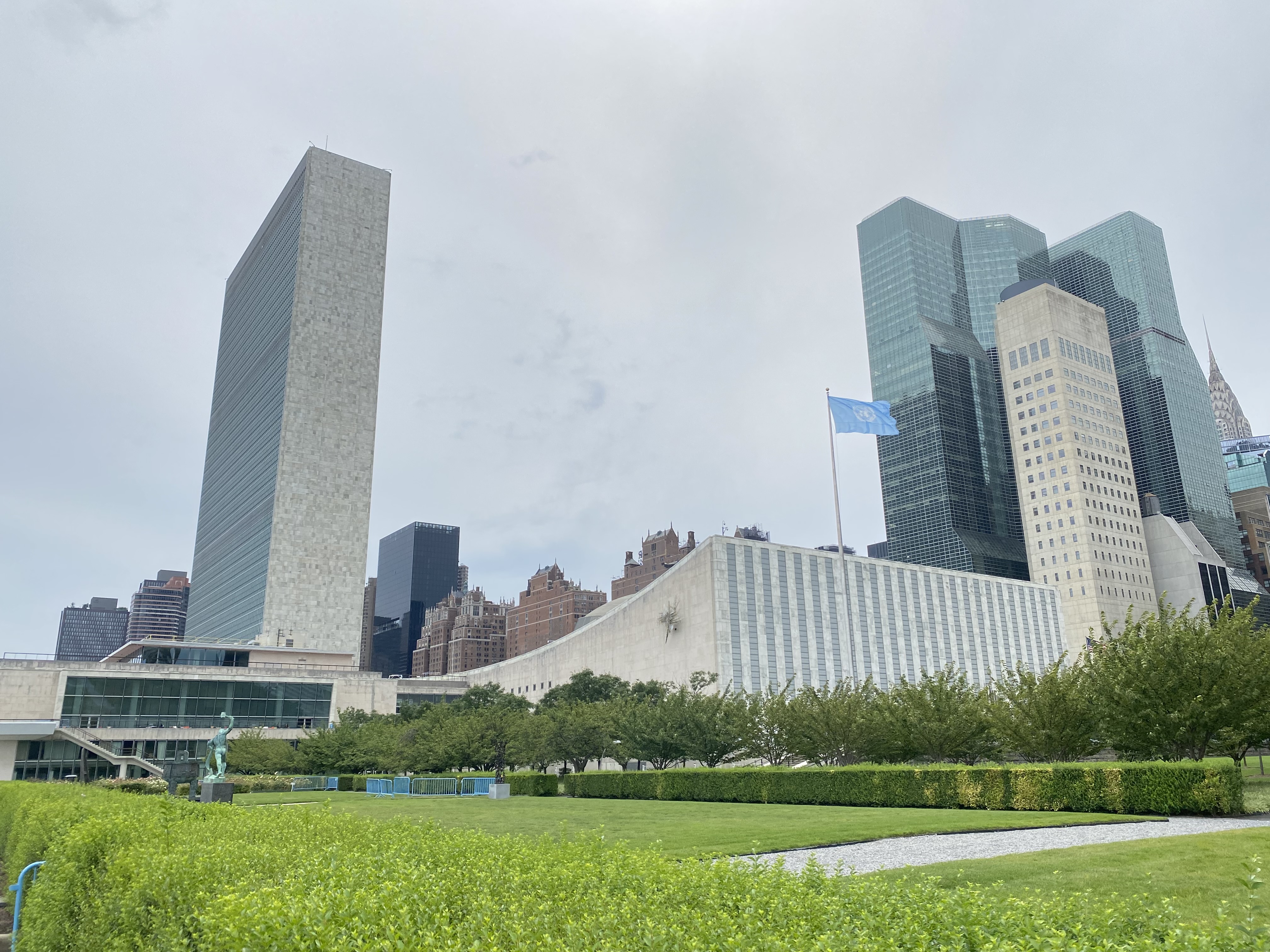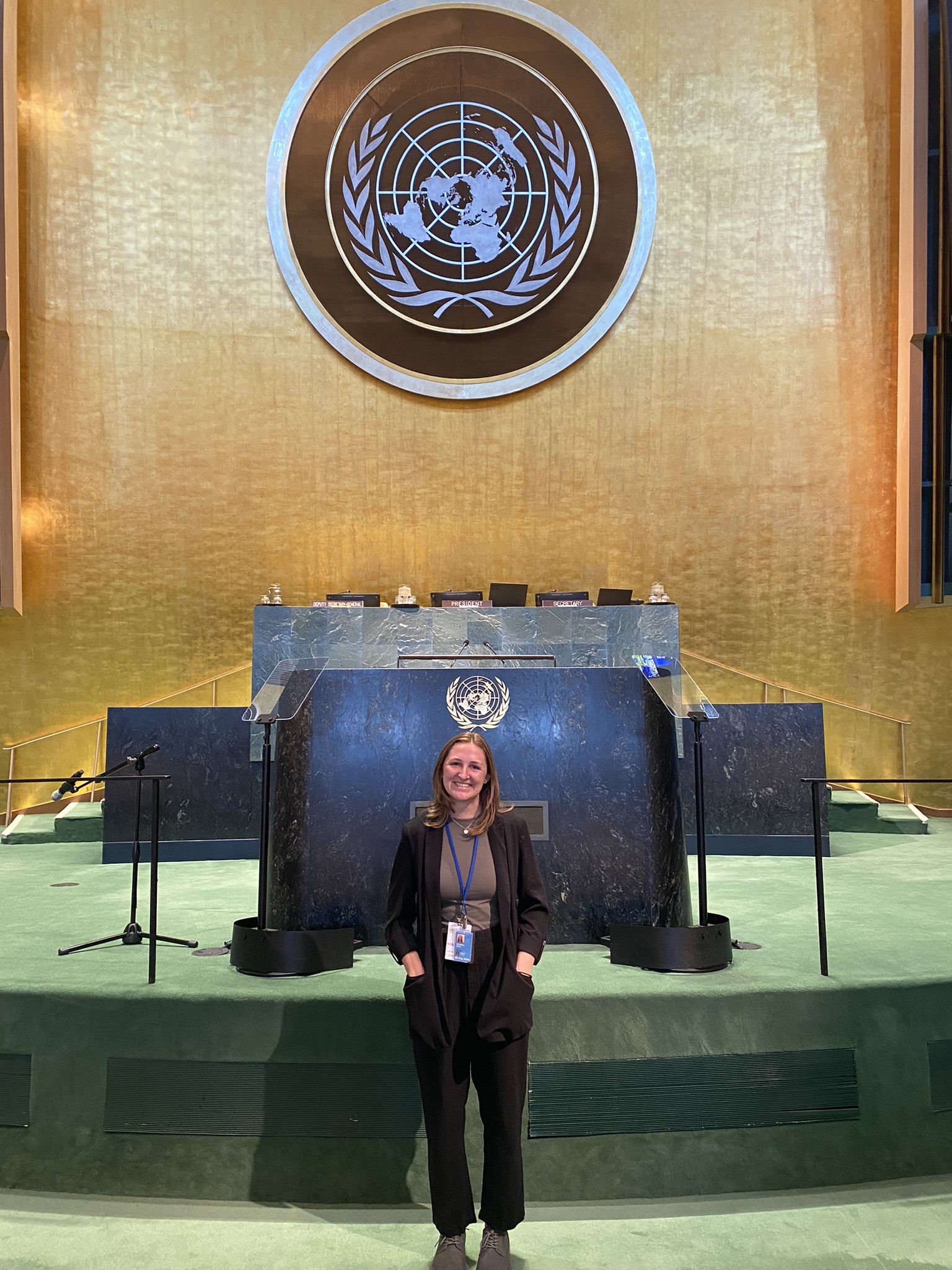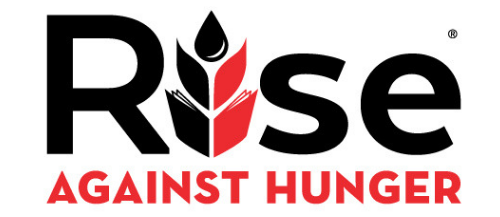My United Nations Internship: How It Enriched My Knowledge of the Sustainable Development Goals

I’m an event coordinator at Rise Against Hunger, helping to grow the movement to end hunger by facilitating meal packaging events with volunteers. I’m also a student, currently working toward my Master’s in Public Health in Health Equity, Social Justice and Human Rights at the University of North Carolina at Chapel Hill. As I pursue my master’s degree, I had the opportunity to intern at the United Nations Headquarters (UNHQ) in New York City this summer. This enriching experience taught me so much about collaboration within the United Nations (UN), accessibility and disability inclusion, the Sustainable Development Goals and how Rise Against Hunger’s mission plays a part in these goals.

My internship, which focused on accessibility, at UNHQ served as practical hours of experience for my master’s program. During the two-month internship, I worked on projects, policy statements and guidelines for increasing accessibility and disability inclusion within the UN system, specifically focusing on meetings, conferences and events hosted by UNHQ. I also assisted in the facilitation of many meetings, including Security Council meetings and the 17th Conference of States Parties to the Convention on the Rights of Persons with Disabilities.
All work of the United Nations, its member states (most of the countries in the world) and international NGOs (like Rise Against Hunger) are guided by the goals for the world agreed upon by the UN member states. Currently, these are the Sustainable Development Goals (SDGs), 17 goals set to be achieved by 2030 that are focused on building “peace and prosperity for people and the planet.”

During my internship, I gained a deeper understanding of how interconnected the Sustainable Development Goals are. Rise Against Hunger’s work directly supports Goal #2: Zero Hunger, but Goal #1: No Poverty and Goal #16: Peace, Justice & Strong Institutions, as well as all of the SDGS, cannot be achieved without also achieving Goal #2. Achieving one goal is interwoven with achieving the others, underscoring the importance of all 17 goals.
These goals are also fully inclusive. No goal is met if it does not include all people, so it is imperative to increase knowledge, awareness and intentional inclusion of the most vulnerable populations in any and all work toward the SDGs. Persons with disabilities are the largest minority group in the world and are particularly vulnerable to the impacts of poverty, hunger, violence and disasters due to systemic barriers to inclusion. An important step toward the intentional inclusion of persons with disabilities in sustainable development work is ensuring they are able to fully access and participate in UN meetings where their unique perspectives can be considered in decision-making at the highest international level.
For the global community to make progress toward these goals, “which are an urgent call for action by all countries…in global partnership,” it is important for organizations to align their work with the SDGs and collaborate for the benefit of all.
An important call to action used by the disability community is “nothing about us without us,” which stresses the importance of those closest to any issue being included in the decision-making. This principle extends to all work toward the SDGs, including Goal #2: Zero Hunger. At Rise Against Hunger, we emphasize that all of our work to reduce hunger is informed by the communities served. We work alongside local leaders to implement sustainable agriculture and income-generating projects that harness the strengths of their own communities and address their specific challenges to support long-term solutions to food security. This empowers communities to become self-reliant and thrive. For example, the Empowering Leaders Through Nutrition-Smart Agriculture project started from an interest from Hope for South Sudan, a residential school, to produce its own food. Rise Against Hunger works closely alongside in-country partner Lift Up the Vulnerable and the school to support this goal. Hope for South Sudan staff and community leaders participate in skills training that build capacity in crop production for consumption and income generation. This supports Hope for South Sudan as they work toward long-term, sustainable food security for its nearly 500 students, staff and volunteers, and it ensures the community served is included in the development and implementation of the project every step of the way.
My experiences at the UN and Rise Against Hunger have shown me that all people are deeply connected to each other, emphasizing the importance of international collaboration for our collective wellbeing. To solve our world’s challenges and create communities where people can thrive requires us all to work together with the understanding that impact on one person impacts us all. This is a core theme of my Master’s in Public Health training that I practice in my work at Rise Against Hunger as I engage volunteers to support others worldwide that they don’t know. It is a powerful and necessary practice to not only care for your own community, but to extend that care to people across the world.

